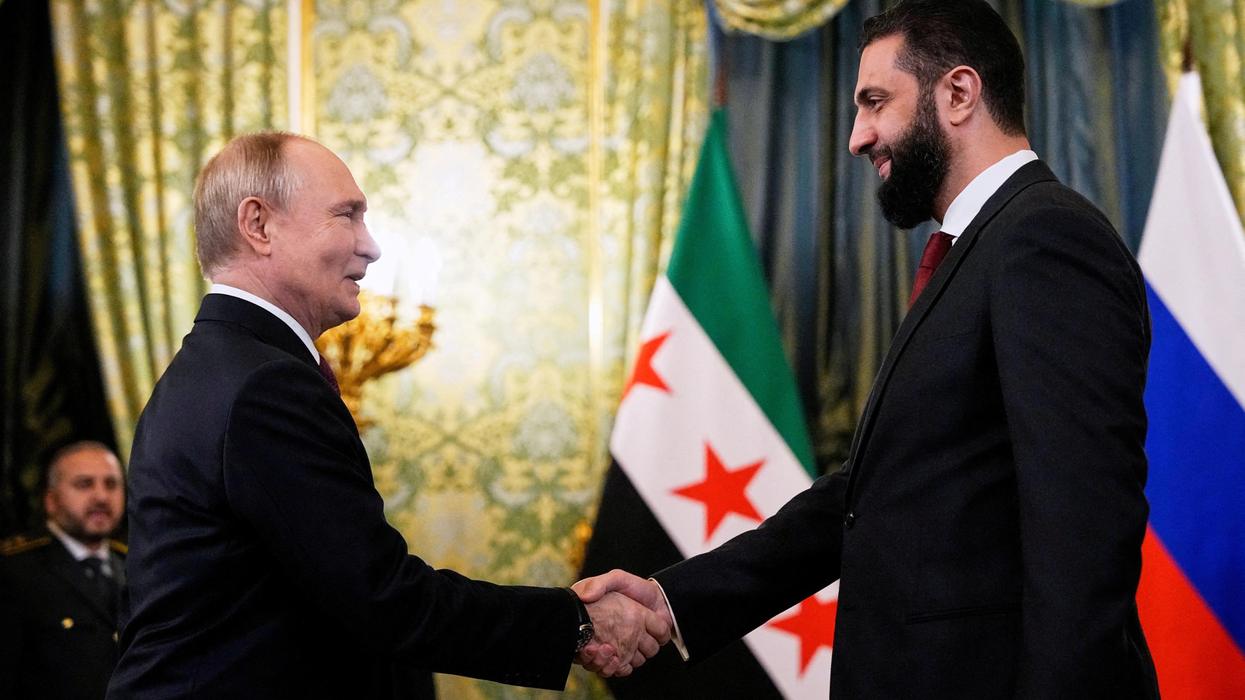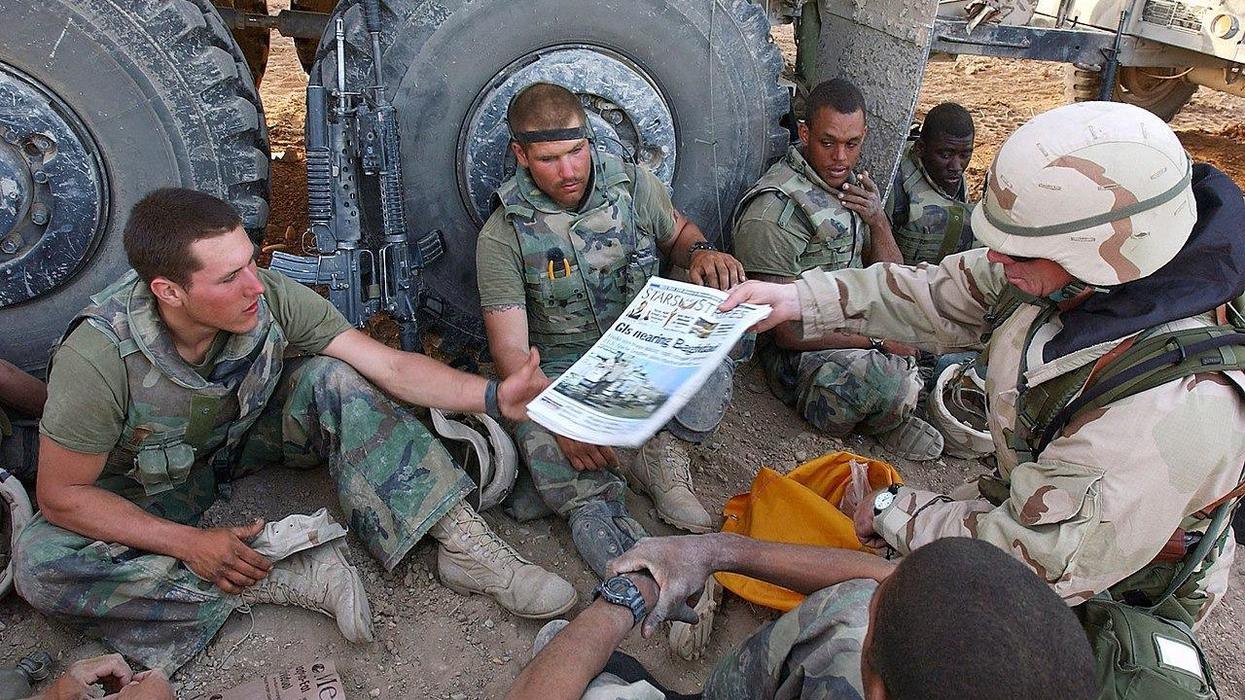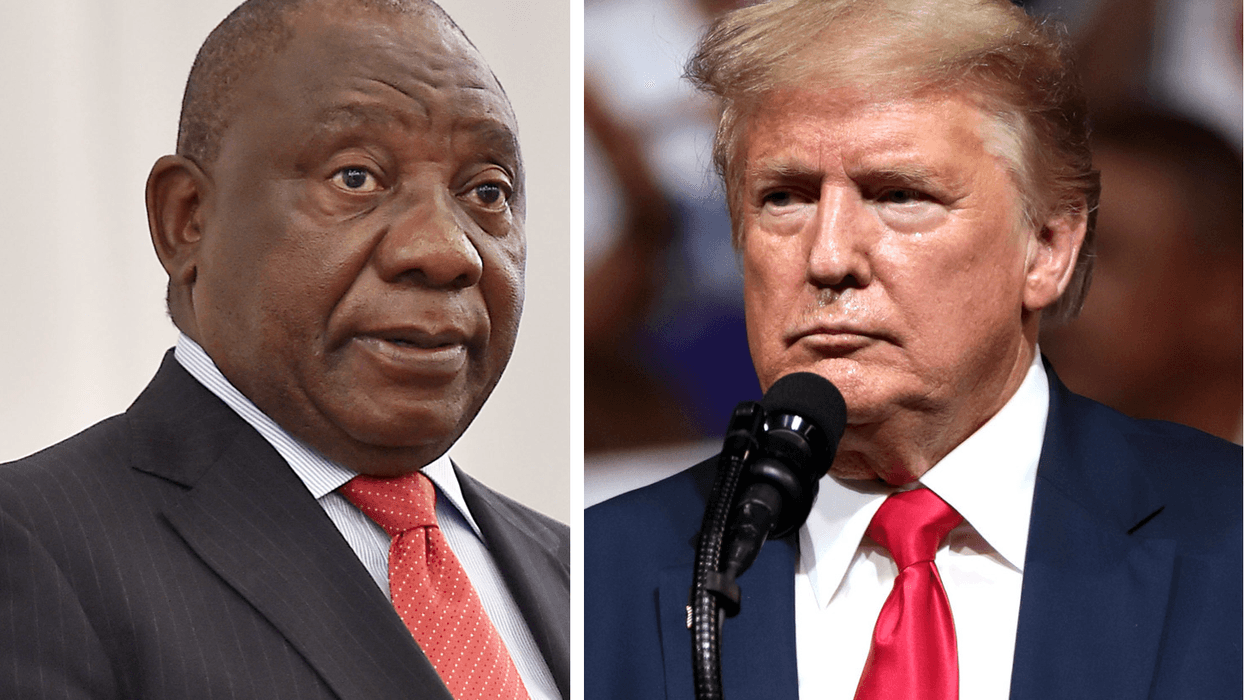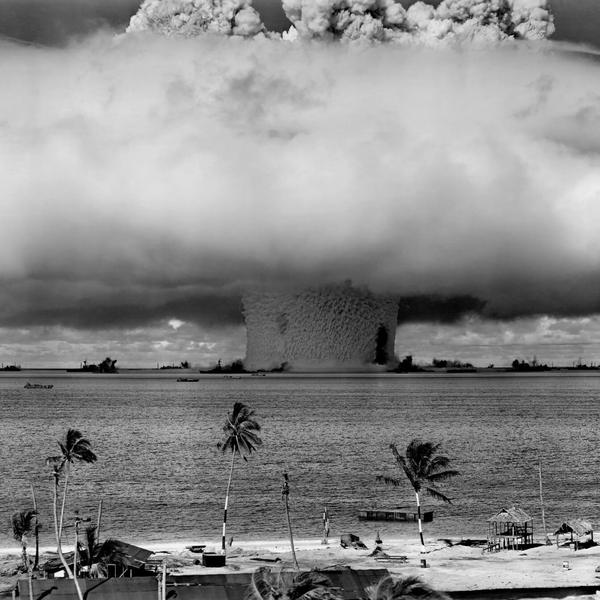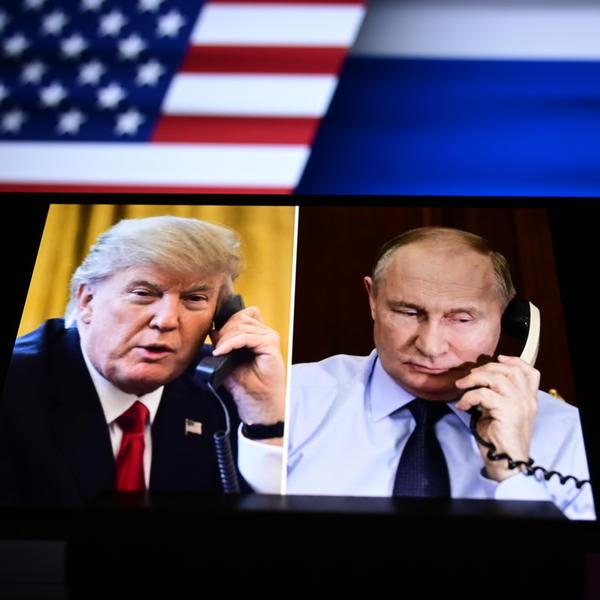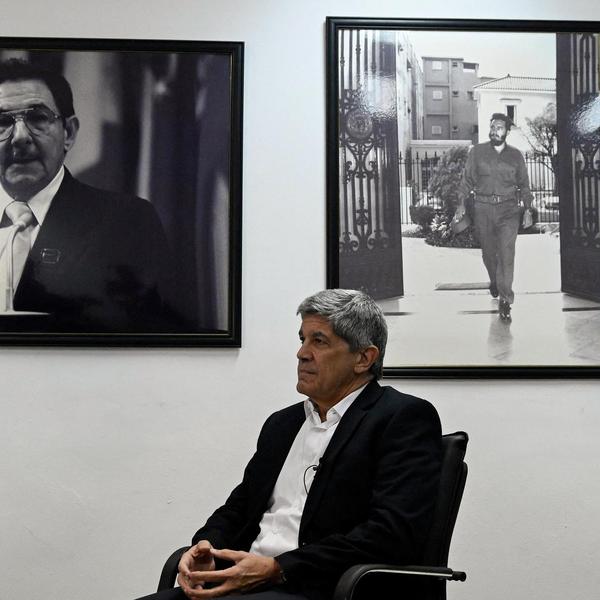For much of the last 20 years, the autonomous, but unrecognized, Republic of Somaliland has been a bastion of stability in the perennially unstable Horn of Africa. However, fighting between the government of Somaliland and clan based militias in the eastern region of Sool threatens to upend the security and stability Somaliland has long enjoyed.
Somaliland’s strategic position in the Horn of Africa combined with the recent confirmation of viable oil reserves, all mean that the stakes are high not only for Somaliland but for the broader region. The fighting may also allow al-Shabaab to capitalize on the instability and finally establish a foothold in Somaliland which has, for years, successfully fought off the terrorist group.
Since February 6, Las Anod — the regional capital of Sool — has witnessed escalating violence as militias broadly aligned with the Dhulbahante clan battle the army of Somaliland for control of the town and its outskirts. More than a hundred people have died as a result of the fighting and thousands have been displaced.
The fighting in Las Anod is partly driven, as is often the case in Somalia, by clan-centric politics. The Dhulbahante clan claims Las Anod as its capital and is the predominant clan in much of the region of Sool. Somaliland, which bases its borders on those that demarcated British Somaliland, regards Sool as part of its territory. Since 2007 when Somaliland seized Las Anod from militias aligned with the semi-autonomous region of Puntland, the government of Somaliland has lightly administered Sool and its capital of Las Anod.
On December 26 of last year, a politician from Somaliland’s opposition political party, Wadaani, who was also a member of the Dhulbahante clan, was assassinated by unknown assailants in Las Anod. Protesters subsequently took to the streets of the town and were engaged by Somaliland’s security forces. Local media claims that 20 protesters were killed during altercations with security forces.
On February 6, some elders from the Dhulbahante clan announced that they intended to form a semi-autonomous state administered by Somalia rather than Somaliland. Since the February announcement, fighting between Somaliland’s military and clan aligned militias has intensified despite the government’s declaration of a unilateral ceasefire and an attempted intervention by clan elders from across Somaliland. The fighting may also be drawing in forces from neighboring Puntland which the government of Somaliland charges with supporting the uprising in Las Anod.
While there are legitimate local grievances driving the fighting in Las Anod, the conflict will almost certainly be exploited by al-Shabaab. The government of Somaliland has already warned that al-Shabaab operatives have infiltrated some of the militias fighting to control Las Anod. While there is no firm open source evidence of this, it is likely that al-Shabaab will, if it already hasn’t, take full advantage of the instability in and around Las Anod to establish itself in Somaliland’s eastern regions.
Al-Shabaab and the Islamic State in Somalia (ISS) are both well-established in Puntland. Al-Shabaab’s intelligence wing, the Amniyat, has, for years, expertly assessed and exploited clan rivalries for its benefit. At the same time, al-Shabaab, like most terrorist and insurgent organizations, is first and foremost a business. Al-Shabaab, like any organization, must be able to fund itself and enrich its own elites. Thus al-Shabaab is deeply enmeshed in Somalia’s political and economic ecosystems. Al-Shabaab operatives and fighters are often knowingly and unknowingly used as political and economic tools by Somali elites to achieve particular agendas.
For years, Somaliland’s security and intelligence services have effectively countereded al-Shabaab, and the terror group has not carried out a major attack in Somaliland since a suicide bombing in the capital city of Hargeisa in 2008. Somaliland’s intelligence gathering and counter-terrorism efforts have long been community-centric, both because this approach has proven effective, and out of need.
Somaliland’s budget for its military and security and intelligence services is a rounding error when compared with that of Somalia, which has received and continues to receive hundreds of millions of dollars in aid from foreign governments, including the US. Notably, the government of Somalia, which has launched yet another campaign to combat al-Shabaab, has now adopted some of Somaliland’s community-centric approaches to counter-terrorism.
Somaliland has charted an independent course since its declaration of independence from Somalia in 1991. Over the last three decades, Somaliland has, with little outside assistance, steadily built-out its state institutions and held multiple internationally monitored elections. Despite receiving miniscule amounts of international aid, Somaliland’s cities, particularly Hargeisa and Berbera, have undergone rapid development.
UAE based DP World has funded the expansion of the regionally vital port of Berbera. Most significantly, in light of the current conflict, multiple companies, including Taiwan based CPC Corp, are investing in the exploration and development of Somaliland’s potentially substantial oil reserves. On the other hand, Somaliland is one of the few countries in Africa that has spurned both Russian and Chinese offers of aid and investment. Rather than accept these offers, Somaliland, which values its relationship with the UK and the US, has instead developed its relations with Taiwan and other nations that support its autonomy.
Global and regional powers are engaged in a new battle for access to the Horn’s resources. The Horn is viewed by China and the Gulf States as well as Turkey as the eastern door to Africa’s vast and still largely untapped natural resources. Somaliland’s geo-strategic position and the likelihood that it has commercially viable oil as well as other resources, place it at the center of a combustible mix of competing interests and agendas. The current conflict in Las Anod will almost certainly be exploited by not only al-Shabaab, but also those local, regional, and global powers that have an interest in moving their own particular agendas forward.
If the fighting in Las Anod is not brought to a quick end through meaningful negotiations by all sides, the conflict will intensify and continue to spread to neighboring regions. Al-Shabaab and the Islamic State in Somalia will be the chief beneficiaries of such spread and intensification.
Somaliland has a history of solving problems and abating conflict through customary dispute resolution mechanisms. All parties to the current conflict must step back from the brink and allow these mechanisms to function before groups like al-Shabaab and outside actors are able to fully subvert de-confliction efforts. Prolonged fighting will compromise not only Somaliland’s hard-earned security and stability, but further erode security and stability in the broader region.


